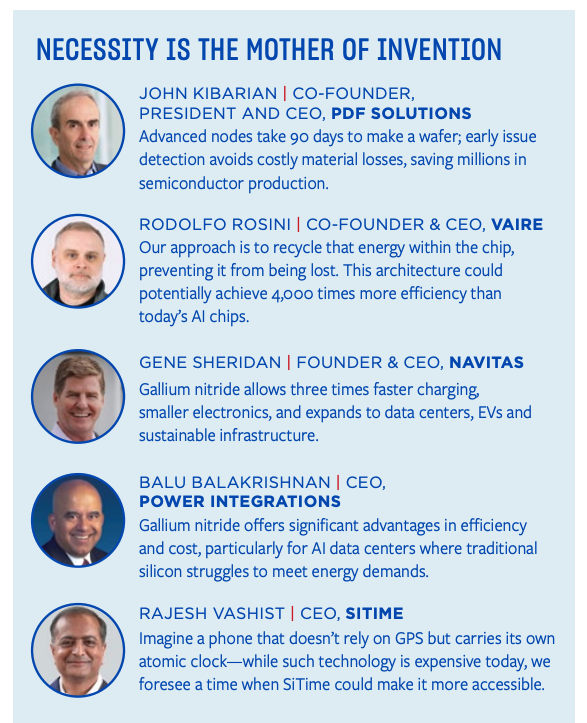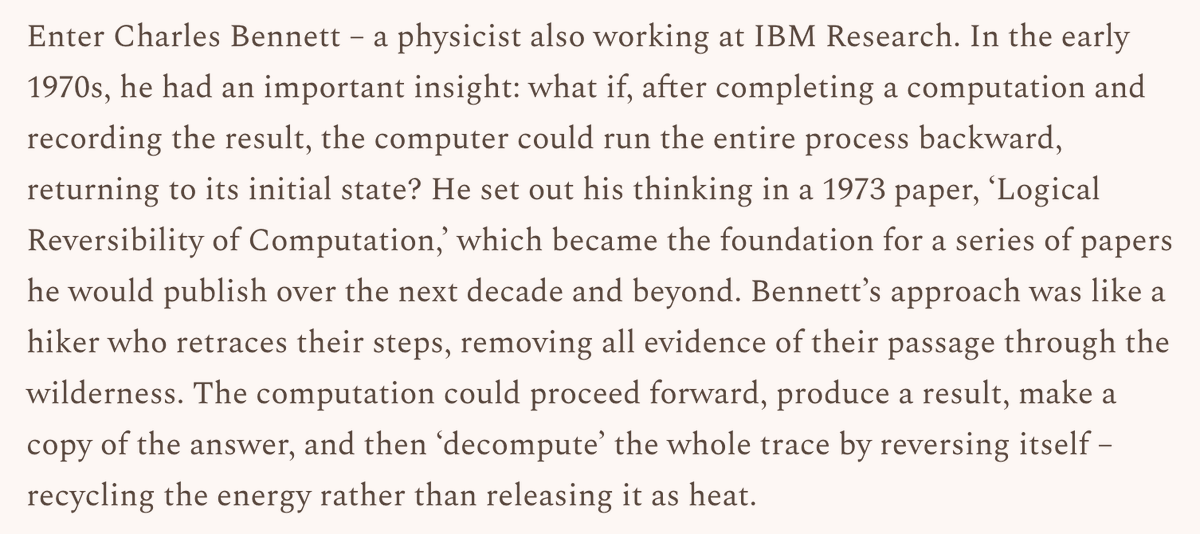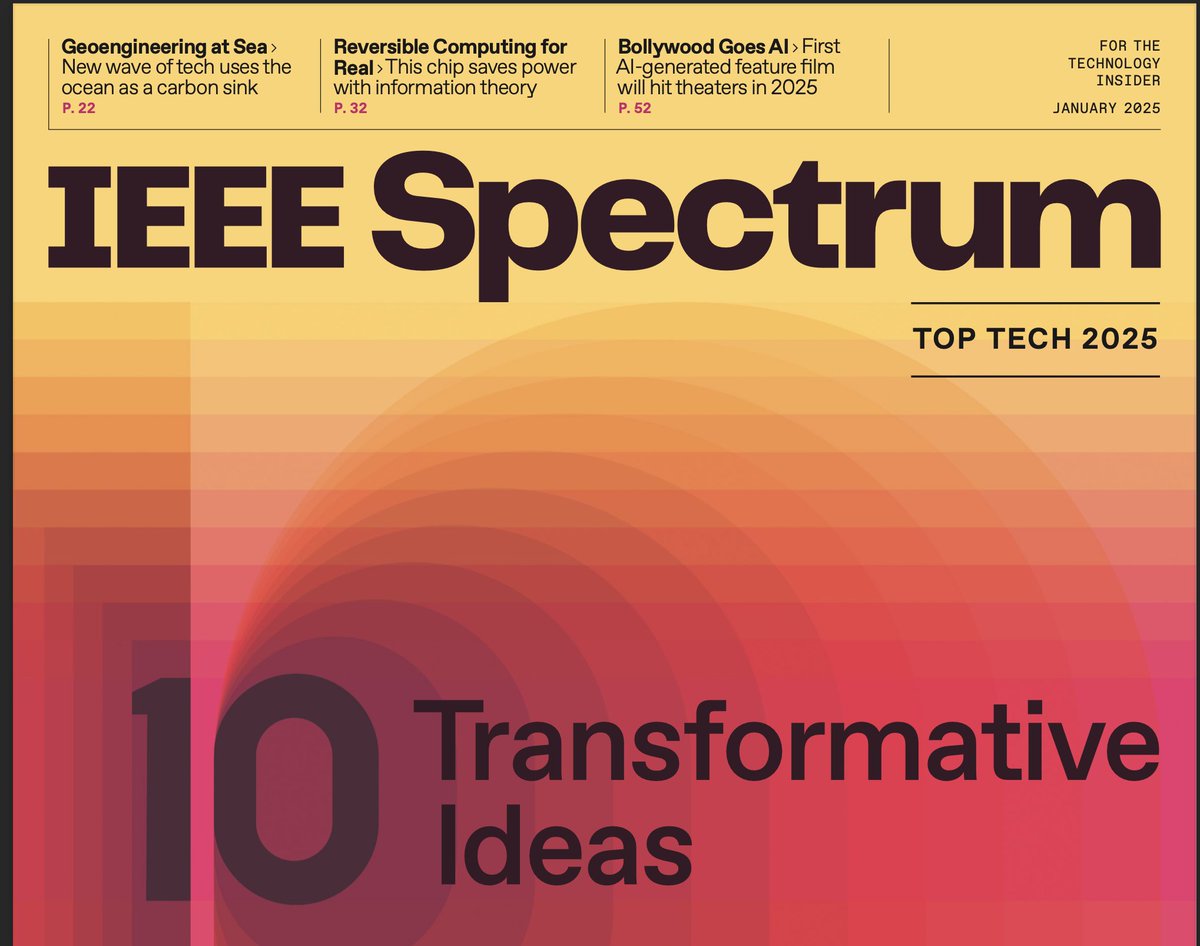
Vaire Computing
@vairehq
Near-zero energy computing
ID: 1363902166918955010
https://vaire.co 22-02-2021 17:23:25
64 Tweet
1,1K Followers
19 Following

Thanks Karmela Padavic-Callaghan (they/them) for the covering our near-zero computing efforts. "How to fix computing's AI energy problem: run everything backwards" newscientist.com/article/mg2643… (Out now in print in UK/US/AUS)

Great to see Vaire Computing and Rodolfo Rosini ✨🖥️ interviewed in Newsweek on future compute. Full interview available in the latest edition.



Great thread on how DeepSeek shows that tech & AI needs to pivot hard towards emphasis on *efficiency*, and not just scale-out, of compute. Gains in efficiency are still possible, and firms that see this will undercut those that don’t. (And this is Vaire Computing’s alpha as well.)

Here is my perspective on the recent tweets: _____ / \ | () () | \ ^ / '---' Attentional Energy The discussion about humans running on both caloric and attentional energy is intriguing. Emmett Shear makes a key point that our subconscious processes are also powered by

Announcing the Future of Computing Conference 2025 – London edition! 🇬🇧 Join us together with Conception X, IQ Capital, Silicon Catalyst, XTX Ventures, Barclays Bank Eagle Labs, and Vaire Computing this March in London for a deep dive into the latest breakthroughs in computing –


The CEO of Vaire Computing will be speaking next week in DC!

AI has an energy problem. ⚡ But what if the solution isn’t more power? Matt von Hippel (Matthew von Hippel) explores how Vaire Computing is building an energy-efficient chip based on physical reversibility. Read more: tinyurl.com/4w2k2y7m #AI #SustainableTech


How do you unlock €4 trillion in value for the European economy? How could you build the next Nvidia? Let’s find out! The Future of Computing Conference 2025 in London brought together 200+ attendees with one shared belief: Computing is at an inflection point. Semiconductor


🔮 AI in 2030, by Exponential View 🔮 "By the end of the 2020s, the number of floating-point operations per watt (FLOP/Watt) - a measure of how efficiently a system performs computations – could improve by a factor of 35 compared to 2020 levels" exponentialview.co/p/ai-in-2030-p…


Moore’s law is slowing, but demand for compute keeps rising. The next leap won’t come from pushing existing architectures At Vaire Computing we are developing near-zero energy chips grounded in reversible computing A perspective here 🔗 worksinprogress.news/p/computers-of…



.Quanta Magazine examines reversible computing and charge-recovery logic through the work of Hannah Earley and Michael P. Frank 💻🔜♻️ at Vaire Computing. Adiabatic resonators could cut AI energy use by orders of magnitude and enable near-zero energy computing. quantamagazine.org/how-can-ai-res…

Another interesting post by Matthew von Hippel 👀



